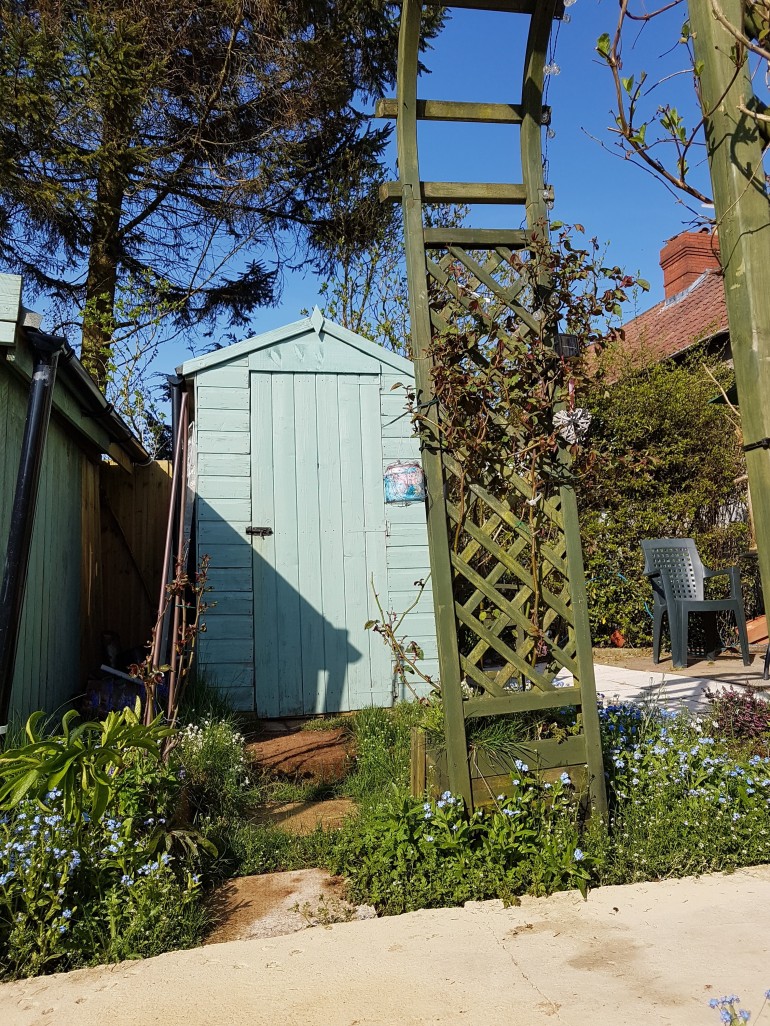
Six months ago, I broke free from local authority life to venture into something much more unpredictable. The world of freelance or I should say back to the world of freelance. In this time, I have worked with a host of different people and organisations. Taking on project management, writing bids as well as operational and strategic development and data. I have also taken on the role of co Chair for my daughters local school, the Chair of a local music charity- Evolve and I now regularly support a children’s after school gardening club.
So, what has changed in the freelance world ?
Rates are on the decline. People are working harder for less money and competition is tough. I am also an older woman working in the arts sector. I am also a working class woman working in the arts sector. I am also a working class single parent working in the arts sector. I am also a child of immigrant parents and a working class single parent in the arts sector. This is the first time that i have ever written those words down.
Recently, I was talking to some young people about progression and the chances and choices that they had in furthering their arts engagement in secondary school and beyond. A few stated that they would continue to take part in arts activities with the help of their family and a few stated that they would stop. When asked why, they said that there was no spare money in their family and that they had to consider the other children in their house and their family situation. So, that’s that. Reality strikes. At the age of 11, a child knows their opportunities and limitations. No surprise there I guess.
Now, you might say that we could all work harder to achieve the following:
- More projects to support the “HARD TO REACH” or ” DISENGAGED” communities.
- More VOLUNTEER OPPORTUNITIES.
- Make better use of pupil premium and other school funding/training for schools.
- Grow the sector and community engagement.
I think its time for me to admit that I have grown weary and exhausted by the terms “hard to reach” or “disengaged”. I have managed projects under this banner and still do. It is an overused vague term that hails from social care and health, especially in discussion around health and social inequalities. But, if we are increasingly talking about the inequality of class and poverty, factors that influence a child’s and adults progression, why are using such blanket terms for something so problematic ?
Not every child qualifies for free school meals. Some live just above the threshold. Only a percentage of young people/emerging artists can afford to take part in volunteer opportunities.
Volunteering for some is a luxury.
Imagine that.
Some people do not have a cushion of money. There is nobody to ask for help with rent, bills, food or career progression. For some, there may be expectations to work instead of going to university, regardless of talent. So, in reality little has changed.
The panic report states that the cultural and creative sector “significantly excludes” those from working class backgrounds, which is in addition to barriers faced by women and people who identify as disabled or Black and minority ethnic (BME). So, if just 18.2% of the music, performing and visual arts workforce is working class are we really doing such a good job with our outreach work, community engagement and opportunities in the sector ?
I still think about this one parent who I met a few years ago. She arrived with her son to take part in a music project that i was delivering. After filling the form in and paying her money, she picked up some of our publicity which talked about our work in “hard to reach communities”.
She glanced across to her son and pointed to the piece of paper and whispered,
“Are we hard to reach?” she asked her son.
“Yeah, I think it means poor ” he replied.
Yes, it is true that your financial or class background are not a protected characteristic in terms of arts council funding but it is something that we need to find a much better way to support and be honest about. It may be complex to consider the working class and the working class poor but it is time that we acknowledge that we need to change.
https://www.artsprofessional.co.uk/news/working-class-people-significantly-excluded-arts-careers

There is an organisation orking on this very thing – http://arts-emergency.org/ hope all is going well
LikeLike
Thanks for the link. I have been reading arts emergency for a while. There is a growing movement around working class arts and a couple of events in London about this over the next year. All good here, hope things are ticking over in Wilts. X
LikeLiked by 1 person